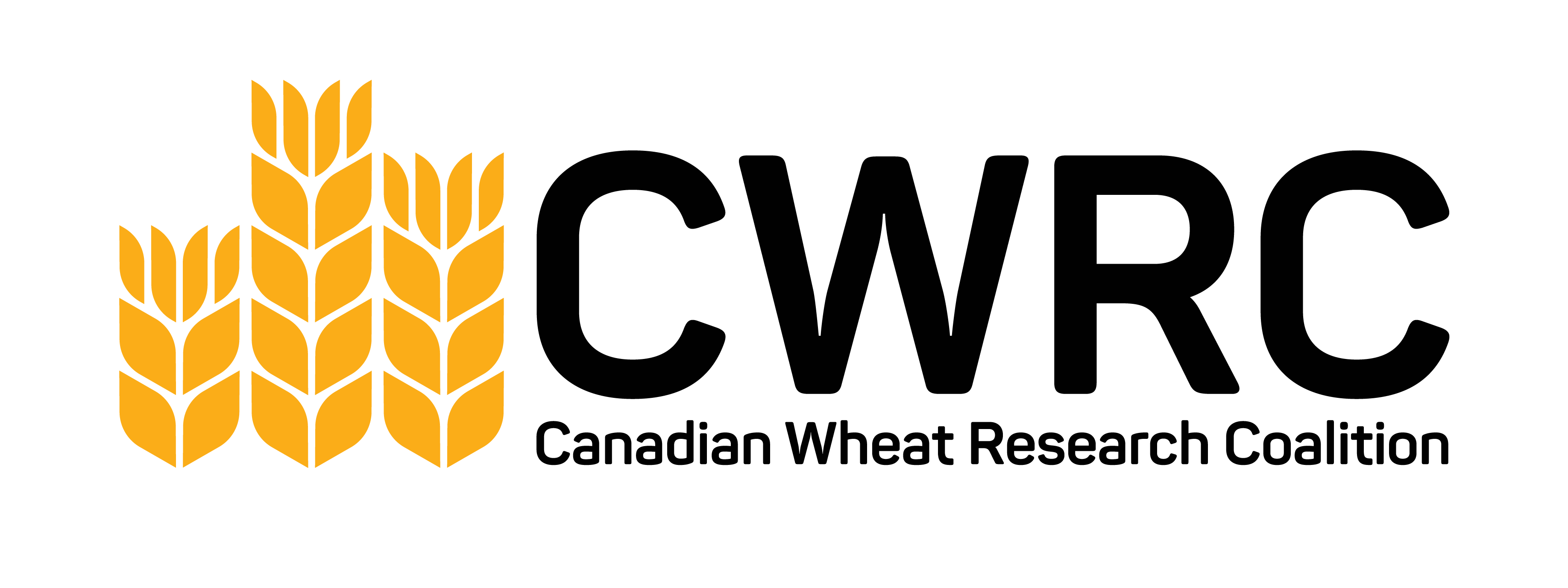Swine Innovation Porc Announces New Chair

Oct. 14, 2025 (Ottawa, ON) – Swine Innovation Porc (SIP) is pleased to announce that Mark Ferguson was elected as Chair of the organization on September 25, 2025.
“I am honoured to be elected as Chair of SIP,” said Ferguson. “I look forward to working with our members and partners towards our shared vision of ensuring long-term profitable pork production through collaborative research and innovation.”
Ferguson brings more than 20 years of experience to the role. As General Manager of SaskPork, based in Saskatoon, Saskatchewan, he has been instrumental in advancing numerous industry growth initiatives. He grew up on a family farm near Edgeley, Saskatchewan, and currently serves as Chair of the Board of Directors for the Prairie Swine Centre.
“The value SIP provides by bringing producer groups and industry partners together across Canada for coordinated research is key to our sector’s success.” added Ferguson. “By advancing science-based solutions SIP is helping the Canadian pork sector build on its strengths.”
Ferguson joins René Roy (Vice-Chair) and Jorge Correa (Treasurer) on the SIP Board of Director’s Executive team. He succeeds outgoing Chair Arno Schober, who led the Board since 2021. “We are pleased to welcome Mark as Chair as we continue providing leadership in the Canadian pork research community” added SIP General Manager Daniel Ramage. “We also extend our sincere thanks to Arno for his years of service to our organization and commend his efforts driving innovation on behalf of the pork value chain.”
-30-
About Swine Innovation Porc:
Swine Innovation Porc (SIP) is dedicated to driving innovation and progress in the Canadian pork industry. Through collaboration, funding research and promoting knowledge transfer, SIP works towards ensuring the sustained success of the Canadian pork sector. Learn more at swineinnovationporc.ca.
For more information, contact:
Cole Christensen
Manager of Communications and Stakeholder Relations
Swine Innovation Porc
info@swineinnovationporc.ca
403-589-3529
Swine Innovation Porc annonce un nouveau président
Le 14 octobre 2025 (Ottawa, ON) – Swine Innovation Porc (SIP) est heureux d’annoncer que Mark Ferguson a été élu président de l’organisation le 25 septembre 2025.
« Je suis honoré d’avoir été élu président de SIP », a déclaré M. Ferguson. « Je me réjouis de travailler avec nos membres et nos partenaires à la réalisation de notre vision commune qui consiste à garantir une production porcine rentable à long terme grâce à la recherche collaborative et à l’innovation. »
M. Ferguson apporte plus de 20 ans d’expérience à ce poste. En tant que directeur général de SaskPork, basé à Saskatoon, en Saskatchewan, il a joué un rôle déterminant dans la promotion de nombreuses initiatives de croissance de l’industrie. Il a grandi dans une ferme familiale près d’Edgeley, en Saskatchewan, et occupe actuellement le poste de président du conseil d’administration du Prairie Swine Centre.
« La valeur qu’apporte SIP en réunissant des groupes de producteurs et des partenaires industriels de tout le Canada pour mener des recherches coordonnées est essentielle au succès de notre secteur », a ajouté M. Ferguson. « En proposant des solutions fondées sur la science, SIP aide le secteur porcin canadien à tirer parti de ses atouts. »
M. Ferguson rejoint René Roy (vice-président) et Jorge Correa (trésorier) au sein de l’équipe de direction du conseil d’administration de SIP. Il remplace le président sortant Arno Schober, qui dirigeait le conseil depuis 2021.
« Nous sommes ravis d’accueillir Mark en tant que président alors que nous continuons à jouer un rôle de chef de file dans le milieu de la recherche porcine au Canada », a ajouté Daniel Ramage, directeur général de SIP. « Nous tenons également à remercier sincèrement Arno pour ses années de service au sein de notre organisation et à saluer ses efforts de stimulation de l’innovation au nom de la chaîne de valeur du porc. »
À propos de Swine Innovation Porc :
Swine Innovation Porc est engagé à stimuler l’innovation et le progrès dans l’industrie canadienne du porc. Grâce à la collaboration, au financement de la recherche et à la promotion du transfert des connaissances, SIP travaille à assurer le succès continu du secteur canadien du porc. Pour en savoir plus, visitez le site www.swineinnovationporc.ca.
Pour plus d’informations, veuillez contacter :
Cole Christensen
Directeur des communications et des relations avec les intervenants
Swine Innovation Porc
info@swineinnovationporc.ca
403-589-3529



